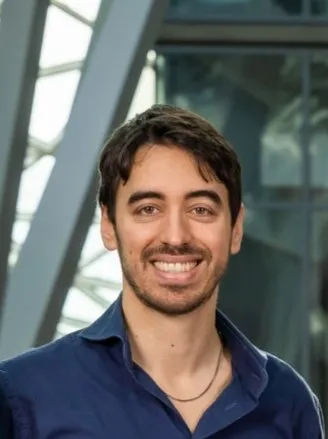About the project
This project, funded by the Southampton Marine and Maritime Institute, aims to revolutionize maritime fuel production by developing a single-step catalytic process to convert CO2 into Dimethyl Ether. Combining experimental and computational approaches, the research focuses on catalyst development, performance evaluation, and reaction modeling to create sustainable shipping fuel solutions.
The International Maritime Organization “Strategy on Reduction of Greenhouse Gas Emissions from Ships” outlines a transformative vision for the maritime sector, aiming to incorporate zero-emission technologies, fuels, and energy sources into 5-10% of global shipping energy consumption by 2050.
Dimethyl Ether (DME) has emerged as a promising alternative to marine diesel, offering significant safety and environmental advantages, thereby positioning it as a carbon-neutral fuel. Reflecting its growing appeal, the global DME market is projected to double from $4.1 billion in 2021 to nearly $8.8 billion by 2030.
Traditionally, DME is produced through a two-stage process involving two different catalysts. In the first stage, CO2 hydrogenation produces methanol along with significant amounts of toxic carbon monoxide that is formed via the reverse water-gas shift reaction. This requires extensive separation and purification steps before methanol can be converted to DME using a second catalyst.
The aim of this project is to reimagine the conventional approach to maritime fuel production by integrating advanced reaction engineering with predictive modelling to transform CO2 into DME through a single step catalytic process. The project focuses on achieving the following key objectives:
- identifying the role of the surface chemistry, including nature and properties of the catalyst active sites, in the one-pot DME production process;
- evaluating the performance of the engineered bifunctional catalysts;
- predicting the kinetic behaviour of the reacting system across a range of operating conditions.
The student will achieve these challenging goals through a synergistic combination of modelling and experimental approaches.
Training will be provided on both the experimental and computational aspects of the project, including:
- catalyst synthesis
- characterization
- microkinetic
- CFD modelling.
The training program will also emphasize the development of communication and teamwork skills. Opportunities include presenting at national and international conferences participating in Southampton Marine and Maritime Institute annual events and engaging in scientific writing and external representation alongside industrial partners and collaborators.


